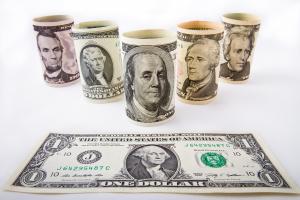Pulse: Currencies
China, the BRICS and the Challenge to the US Dollar
In a recent official trip to China, Brazilian President Lula da Silva called for an end of the dominance of the US dollar in world trade, a message that has been echoed by the China, Iran, Russia, as well as other countries. This message reflects the acceleration of the trend towards fragmentation(or deglobalization) of the global economy and the Chinese-led challenge to the Bretton Woods US dollar-dominated global economic architecture, an architecture that looks increasingly frayed and rudderless.
A Weak Yen Is Dragging Japan Down
Despite strengthening relative to the U.S. dollar in recent weeks, the currency’s real value is at a 50-year low.
A Dollar Reprieve
The dollar has reversed its seemingly inexorable rise, with the weighted average dollar index falling from its 10-year high at the end of September. While it is too early to detect a trend, this development, alongside a softening of interest rates, is a welcome reprieve for emerging markets and low-income countries.
Does A Weak Yen Really Help Japan?
Korea Grows Better Than Japan Without A Weak Currency Crutch
Japan as 196th
How could Japan have come in 196th out of 196 countries, just behind North Korea? That’s what the 2019 data show for the ratio of inward foreign direct investment (FDI) to GDP despite years of efforts by Tokyo.
Currency Wars: Back to the Future
The Trump administration’s zero-sum approach to international relations is now spilling over from trade to currency wars. After spending the best part of his 2016 campaign and the first three years of his presidency railing against foreign countries taking advantage of the United States on trade, Trump and his administration have started complaining in the past few months about currency manipulation. In doing so, it is bringing us back to the 1990s, or even the 1930s.
Whither the Dollar-The Chinese Challenge
Since World War Two and the Bretton Woods agreements that established the post-war dollar-centric global financial system, the dollar has been the pre-eminent vehicle (reserve/international) currency. The dollar accounts for over 60% of global foreign exchange reserves and 80% of world trade is dollar-denominated, as are 100% of the global transactions in oil and other commodities. Moreover, the chronic U.S. external deficits have provided global markets with abundant dollar liquidity.
New Rules for Global Trade | EconVue Spotlight
I returned to Europe this week to hear views from the other side of the pond, as US trade policy continues not just to pivot, but to spin. There is no doubt that a major reset of key trading relationships is now underway with implications for currencies worldwide. As the US economy seems to be outpacing growth everywhere except in China and India, will US monetary policy have unintended global spillover effects, especially for emerging markets? And more direct effects from trade policy in developed nations? European PMI figures announced today are down to 2-year lows.

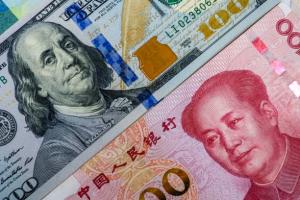
 by
by 
 by
by 
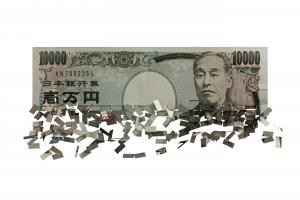

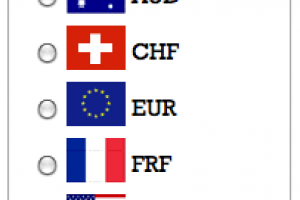
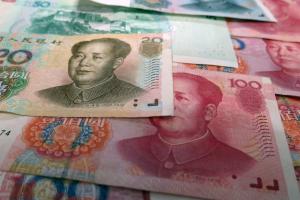


 by
by 